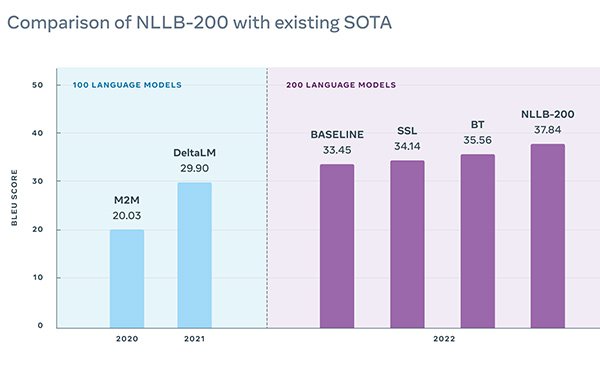Commentary
DuckDuckGo Launches National Ad Campaign For TV, Radio - Watching You
- by Laurie Sullivan , Staff Writer @lauriesullivan, May 17, 2022

DuckDuckGo launched a national television and radio campaign Tuesday, using the Police’s iconic song “Every Breath You Take” as the theme.
Gabriel Weinberg, DuckDuckGo Founder and CEO. chose the song to anchor the ad because he believes the original lyrics reflect the way many people feel about using the internet today -- like everything they do is being watched and mined for data.
Tracker Radar data suggests the feeling of being watched isn't just a feeling. Google trackers are embedded in 79.2% of the top 75,000 websites across the internet, giving the company the ability to watch almost everything a person does online.
The campaign, Watching You, showcases daily moments where Google and other companies slip into the privacy of consumers online. It highlights how easy it is for anyone to take back their privacy with DuckDuckGo's search and browser options.
In the 30-second TV ad, a man with a t-shirt that reads “google” looks over the shoulder of those searching and browsing the web, singing “Every search you make. Every click you take. I’ll be watching you” to the tune of "Every Breath You Take.”
Creeped out by the constant surveillance, the characters switch to DuckDuckGo, yanking the “creepy executive” off the screen as they regain their privacy.
The radio spot also calls out Facebook for tracking people online.
The TV ad will run nationally, locally in 175 designated market areas (DMAs), on streaming platforms like Roku and Paramount+, in primetime and during Major League Baseball (MLB) games and the National Basketball Association (NBA) playoffs.
On radio, the ad will air coast to coast on more than 5,000 stations, SiriusXM, and streaming platforms.
The initial concept for the ad was developed by creative agency Mirimar. The television ad was produced by Partizan and directed by Jonathan Klein.
Watching You from DuckDuckGo on Vimeo.
Commentary
Meta Develops AI Model That Can Translate 200 Languages In Real Time, Wikipedia Uses It
- by Laurie Sullivan , Staff Writer @lauriesullivan, Yesterday

There are thousands of languages spoken on Earth.
Meta wants to understand them all, and is slowly working to achieve that goal.
The company’s artificial intelligence unit built a model, NLLB-200, that the company claims is the first to translate 200 different languages with state-of-the-art quality that has been validated through extensive evaluations for each.
The team has also created an evaluation dataset, FLORES-200, and measured NLLB-200’s performance in each language to confirm the translations are of high quality. NLLB-200 exceeds the previous state of the art by an average of 44%, the company notes.
Meta said it will open-source the NLLB-200 model and publish research tools to enable others to extend this work to more languages and build more inclusive technologies. Meta AI is also providing up to $200,000 of grants to nonprofit organizations for real-world applications for NLLB-200.
advertisement
advertisement
The effort, for Meta, is tied to the metaverse and the ability for people to communicate beyond their native language.
Meta AI researchers created No Language Left Behind (NLLB), an effort to develop high-quality machine translation capabilities for most of the world’s languages.
Many of the languages, such as Kamba and Lao, were very little supported or not supported at all by even the best existing translation tools today.
Fewer than 25 African languages are currently supported by widely used translation tools, according to the group. NLLB-200 supports 55 African languages.
Researchers believes NLLB will support more than 25 billion translations served every day on Facebook News Feed, Instagram, and our other platforms.
Modeling techniques and learnings from the NLLB research also are being applied to translation systems used by Wikipedia editors.
Meta partnered with the Wikimedia Foundation -- the nonprofit organization that hosts Wikipedia and other free knowledge projects -- to help improve translation systems on Wikipedia.
Wikipedia versions exist in more than 300 languages, but most have far fewer articles than the 6 million available in English.
For example, there are around 3,260 Wikipedia articles in Lingala, a language spoken by 45 million people in the Democratic Republic of the Congo, Republic of the Congo, Central African Republic, and South Sudan. Contrast that with a language like Swedish, which has 10 million speakers in Sweden and Finland and more than 2.5 million articles.
Wikipedia editors are now using the technology behind NLLB-200 to translate articles in more than 20 low-resource languages, including 10 that previously were not supported by any machine translation tools on the platform.







